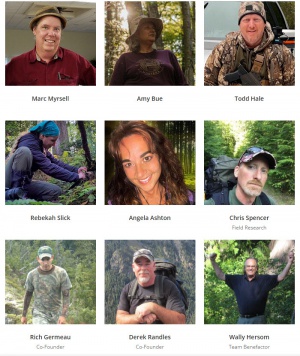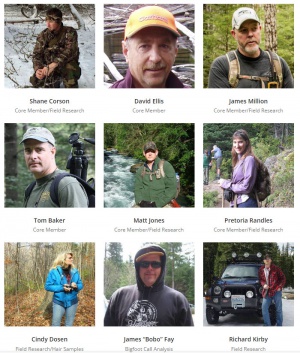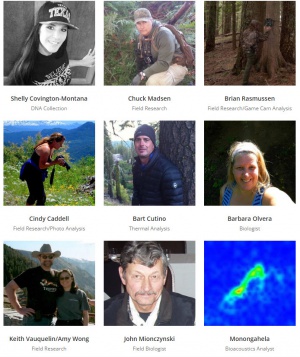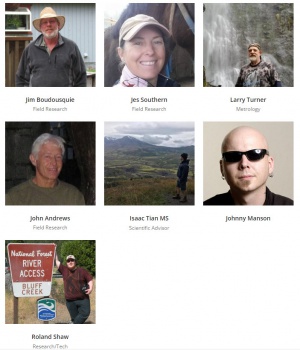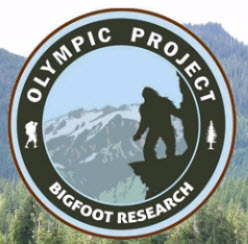Difference between revisions of "(Group) Olympic Project Bigfoot Research"
| Line 3: | Line 3: | ||
[[File:2024-06-05_10-15-05.jpg|thumb|Olympic Project Team]] | [[File:2024-06-05_10-15-05.jpg|thumb|Olympic Project Team]] | ||
| − | [[File:2024-06- | + | [[File:2024-06-05 10-15-33.jpg|thumb|Olympic Project Team]] |
[[File:2024-06-05 10-16-14.jpg|thumb|Olympic Project Team]] | [[File:2024-06-05 10-16-14.jpg|thumb|Olympic Project Team]] | ||
Latest revision as of 06:01, 5 June 2024
The idea for the Olympic Project was first thought of by Richard Germeau and longtime Bigfoot researcher Derek Randles. Richard, a Washington native, has an extensive background in law enforcement and investigation. Derek, a landscape contractor and wilderness guide in Washington State, is currently a field investigator and tracker.
Wally Hersom, the main benefactor for the Olympic Project, providing equipment to make this effort possible. Long time researchers David Ellis and Paul Graves provide high quality track casting, field audio recording, witness investigation and many years of wilderness experience. Currently our team has expanded adding new faces, that bring talent and enthusiasm. We hope to bring you a refreshing new look, for all interested, in the subject of bigfoot research.
The Game Cam Field study will hopefully provide the first clear pictures of Bigfoot along with photographic documentation of many apex predators and ungulates living and moving throughout their natural habitat. Periodically we will update our study that began in February 2009. We will show photos of all the creatures we capture on film. We hope to further the research efforts of all Bigfoot investigators with the data we collect.
Clear, well documented photographs will not prove the existence of this primate, but will open the eyes of many scientists, helping pave the way for more serious research and species verification.
